
Sudan begins administering the first malaria vaccines
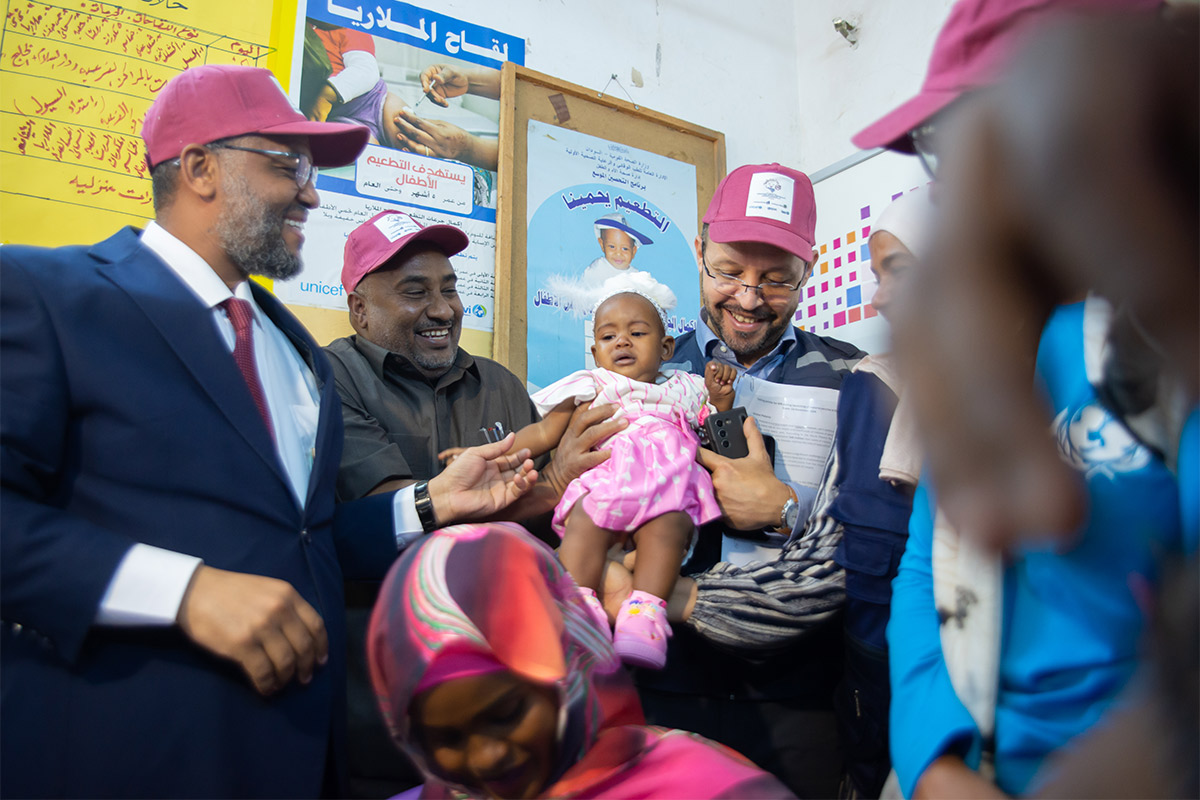
The Federal Ministry of Health, in collaboration with the United Nations Children's Fund (UNICEF), the World Health Organization (WHO), and the Gavi Vaccine Alliance, today launched the malaria vaccine for the first time in Sudan to bolster efforts to protect children from this deadly disease.
The launch follows the arrival of the first 186,000 malaria vaccine doses to Sudan in October. Vaccination campaigns will commence today at health facilities across 15 areas in the states of Al-Qadarif and Blue Nile, benefiting more than 88,000 children under 12 months. In 2025 and 2026, the vaccine will be rolled out in 129 areas across Sudan.
Dr. Haitham Mohamed Ibrahim Awadallah, Sudan’s Federal Minister of Health, stated: "The launch of the malaria vaccine in Sudan today is a significant milestone. This initiative reflects our unwavering commitment to fighting malaria and our shared resolve to protect our children's lives. By focusing on reducing malaria-related deaths among children under five, we are taking a critical step toward ensuring a healthier and brighter future for the next generation. Launching this vaccine not only reinforces our commitment to combating malaria but also brings us closer to a future where no child is lost to this preventable disease. Together, we are paving the way for a malaria-free Sudan."
Malaria remains one of the most lethal diseases for children globally, causing nearly half a million deaths annually among children under five in Africa. Sudan has the highest malaria incidence rates in the WHO Eastern Mediterranean Region. In 2023, Sudan recorded over 3.4 million malaria cases, with an estimated 7,900 deaths, despite possible severe underreporting due to ongoing conflict and communication outages.
Sudan is among 16 African countries to have introduced the malaria vaccine and the first in the Eastern Mediterranean Region, marking an extraordinary achievement for a country grappling with ongoing conflict. The vaccine, recommended for children between five and 12 months old, is expected to reduce hospital admissions and mortality from this disease.
Sheldon Yett, UNICEF’s Representative in Sudan, remarked: "Incorporating the vaccine into the national immunization program provides an excellent opportunity. This vaccine represents a crucial new tool in our arsenal to combat child mortality."
In Sudan, insecurity and the collapse of national health systems have hindered vaccine delivery and routine immunization activities. National vaccination coverage has dropped from 85% before the war to approximately 50%. In conflict zones, immunization coverage averages around 30%, a critically low rate. Reduced immunization rates and repeated disease outbreaks, such as cholera, malaria, measles, and polio, place millions of unvaccinated children at risk of preventable, deadly diseases.
Dr. Shible Sahbani, WHO Representative in Sudan, stated: "Despite immense challenges, Sudan has taken a significant step today to fight malaria and protect the population from severe illness and death. WHO continues to advocate for a comprehensive approach to malaria interventions, integrating the malaria vaccine with other prevention and control measures."
Supported by its partners—UNICEF, WHO, and the Eastern Mediterranean Public Health Network—the Federal Ministry of Health has developed implementation plans for malaria vaccination activities, communication strategies, trained health workers, engaged communities, and ensured sufficient cold chain capacity. The ministry continues to emphasize the importance of implementing all malaria control strategies and associated interventions.
Anne Cronin, Gavi’s Senior Country Director in Sudan, added: "Today’s launch of the malaria vaccine is a significant achievement, especially amidst the ongoing conflict that has disrupted health services across Sudan. This accomplishment is a testament to the resilience and determination of the Federal Ministry of Health and the partners who worked to ensure this vital malaria-fighting tool is available. The launch of the malaria vaccine is a critical step forward in protecting countless children’s lives and symbolizes hope for a healthier future despite adversity. Gavi will continue working with partners to improve health outcomes for children in Sudan.





.jpg) Equipe de rédaction
Equipe de rédaction 


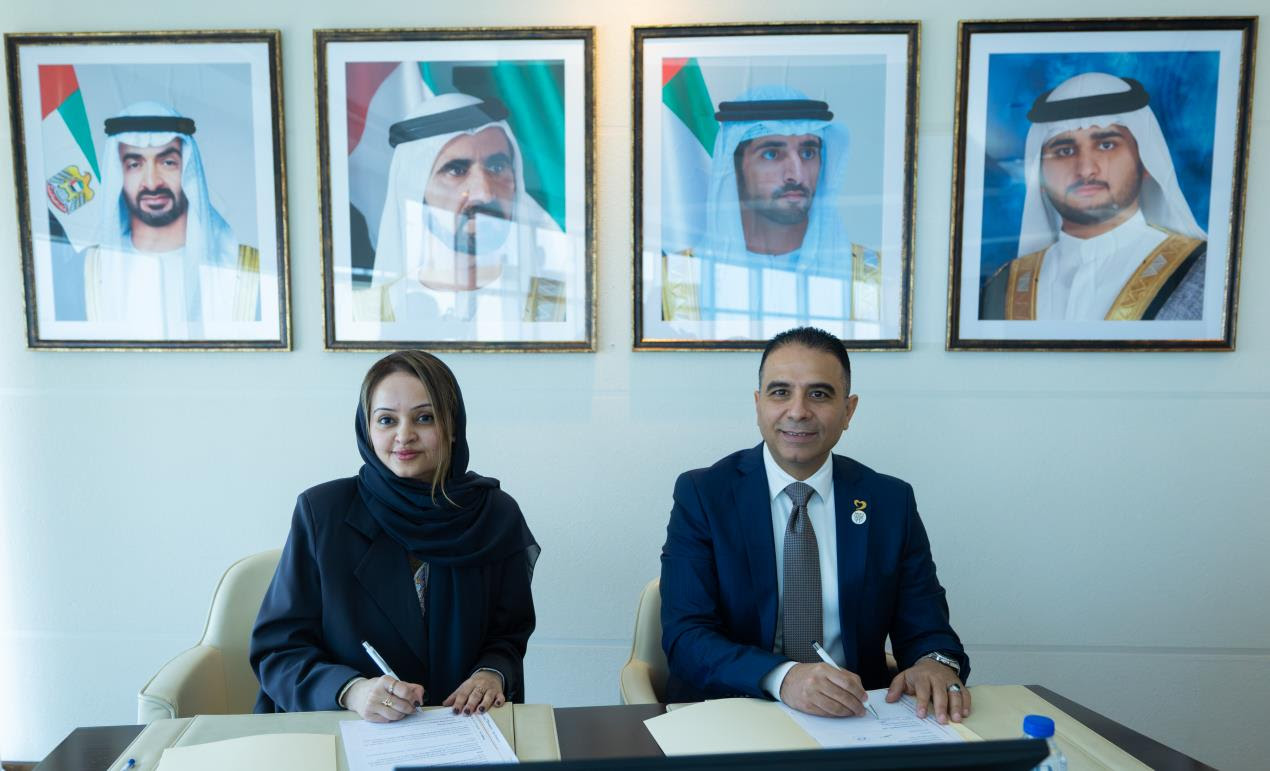






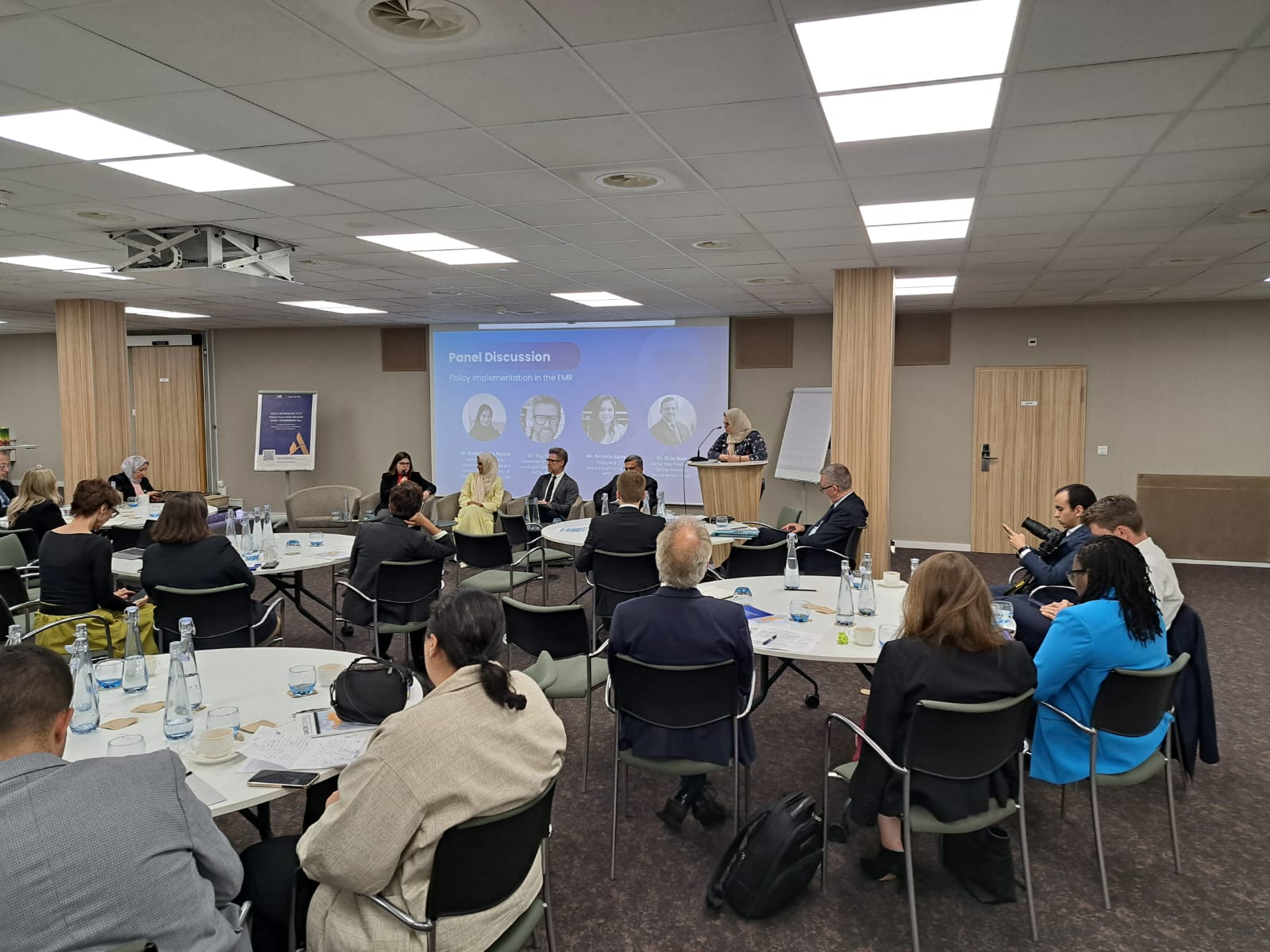



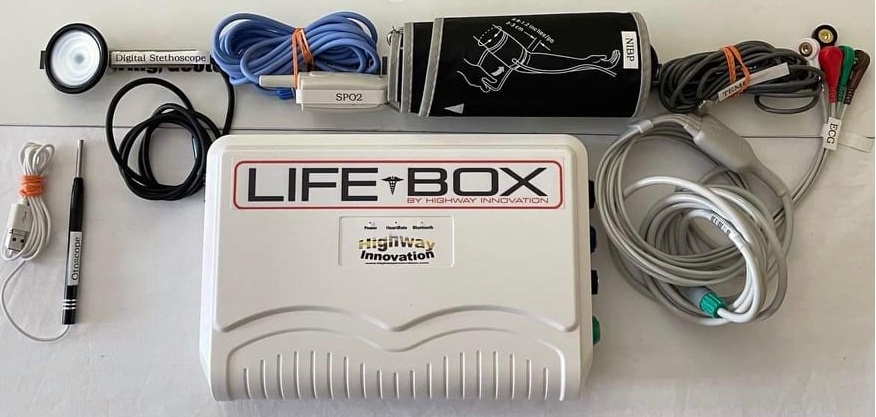

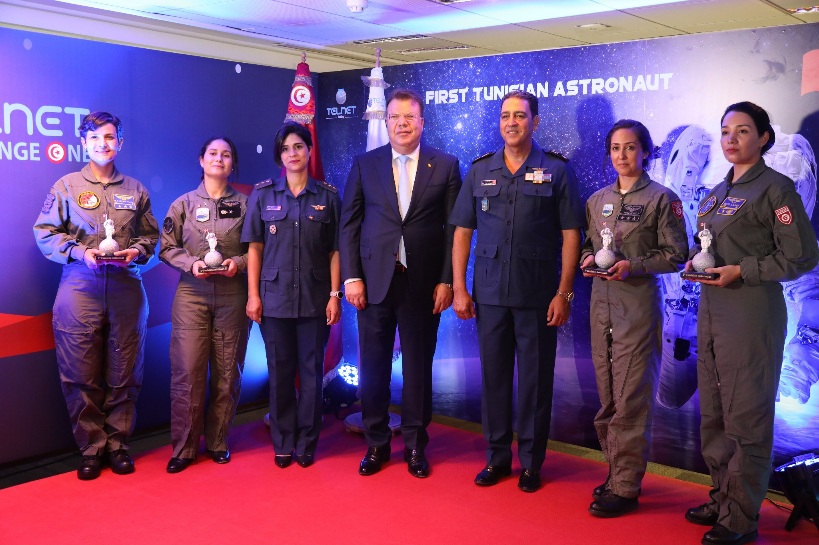
.jpg)

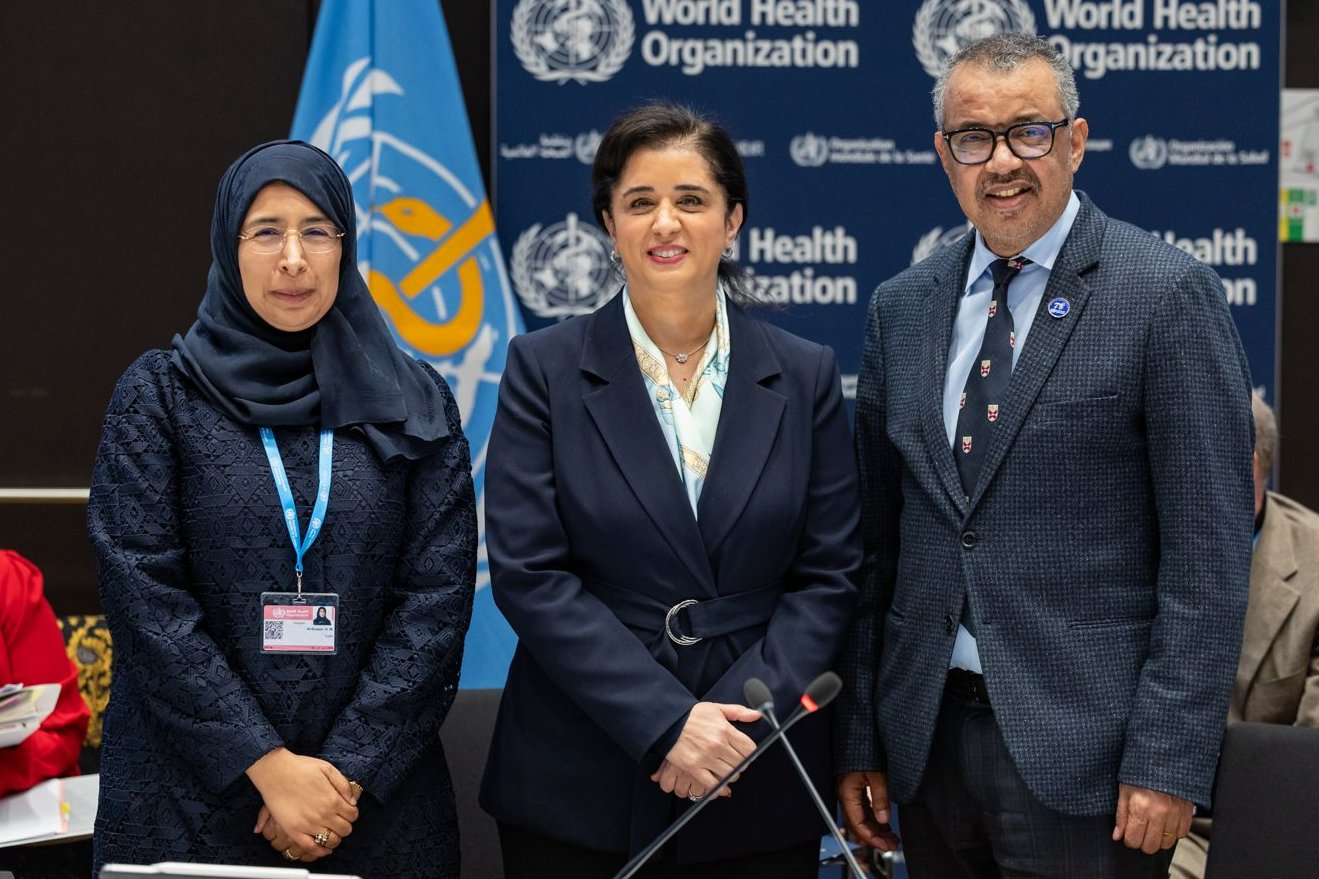
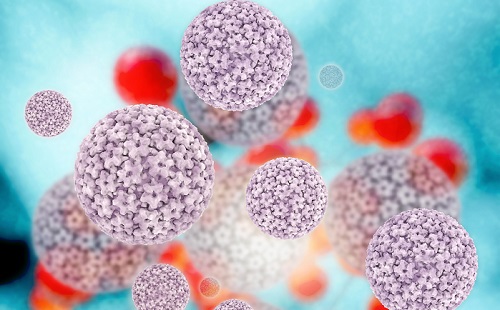




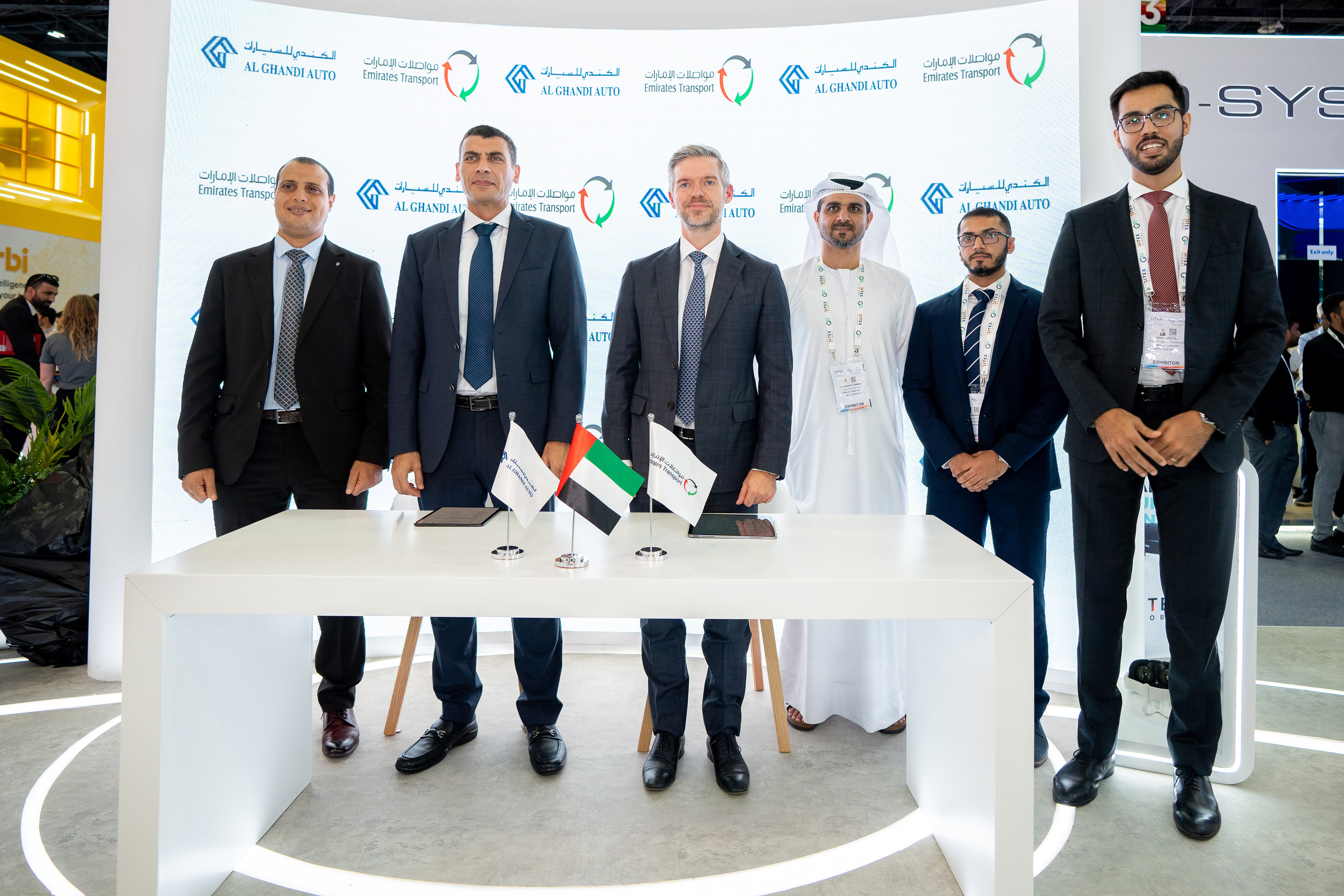
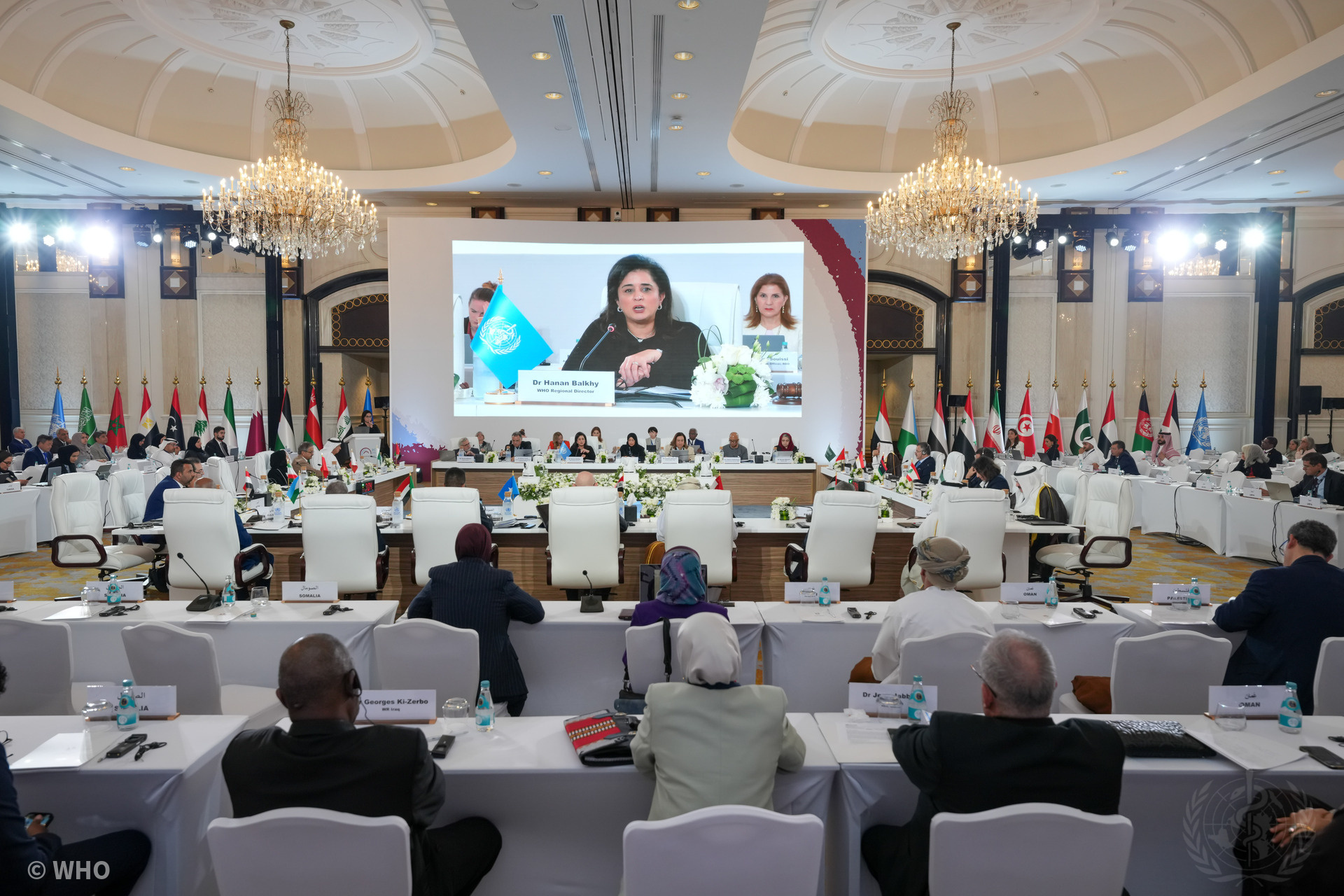

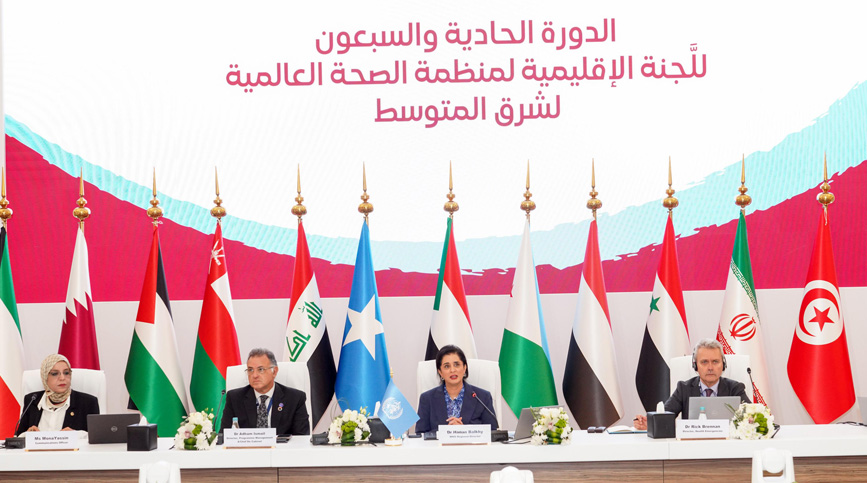
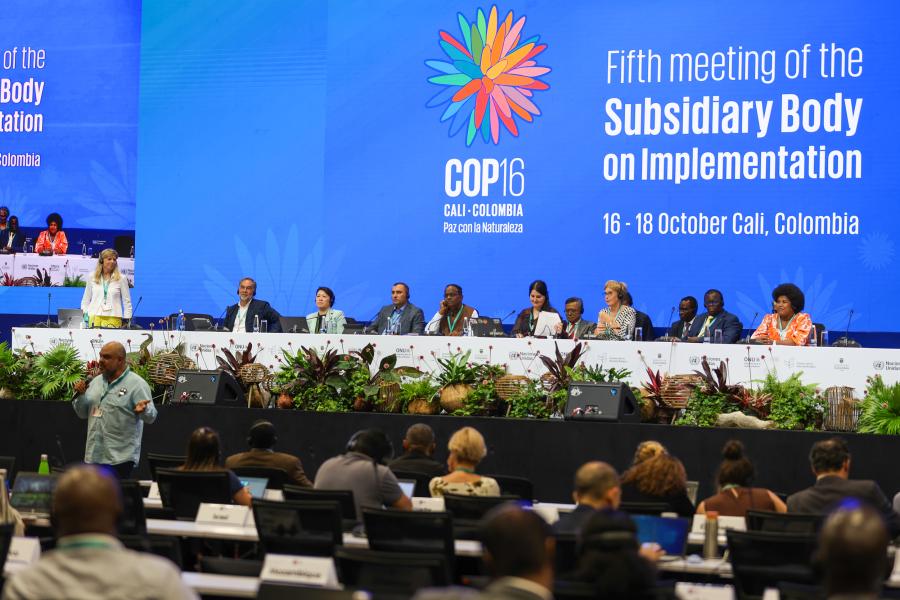

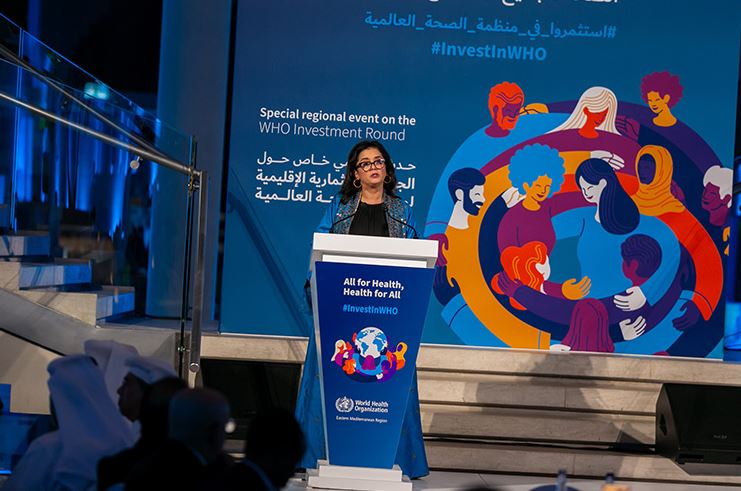

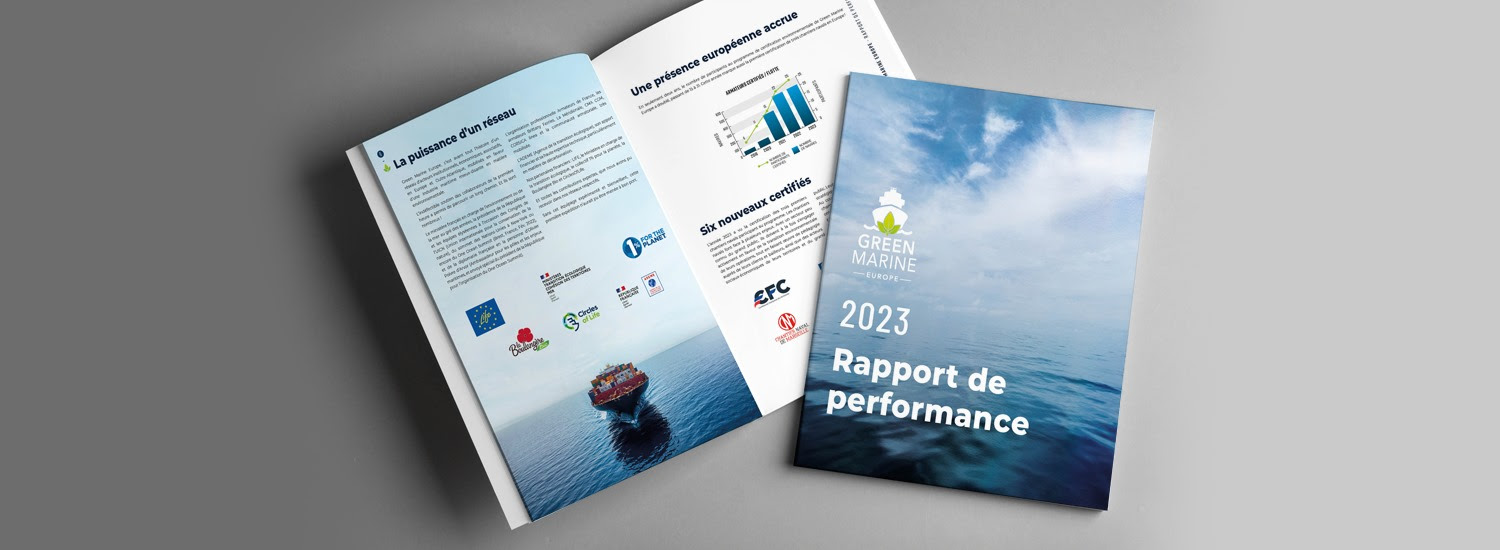
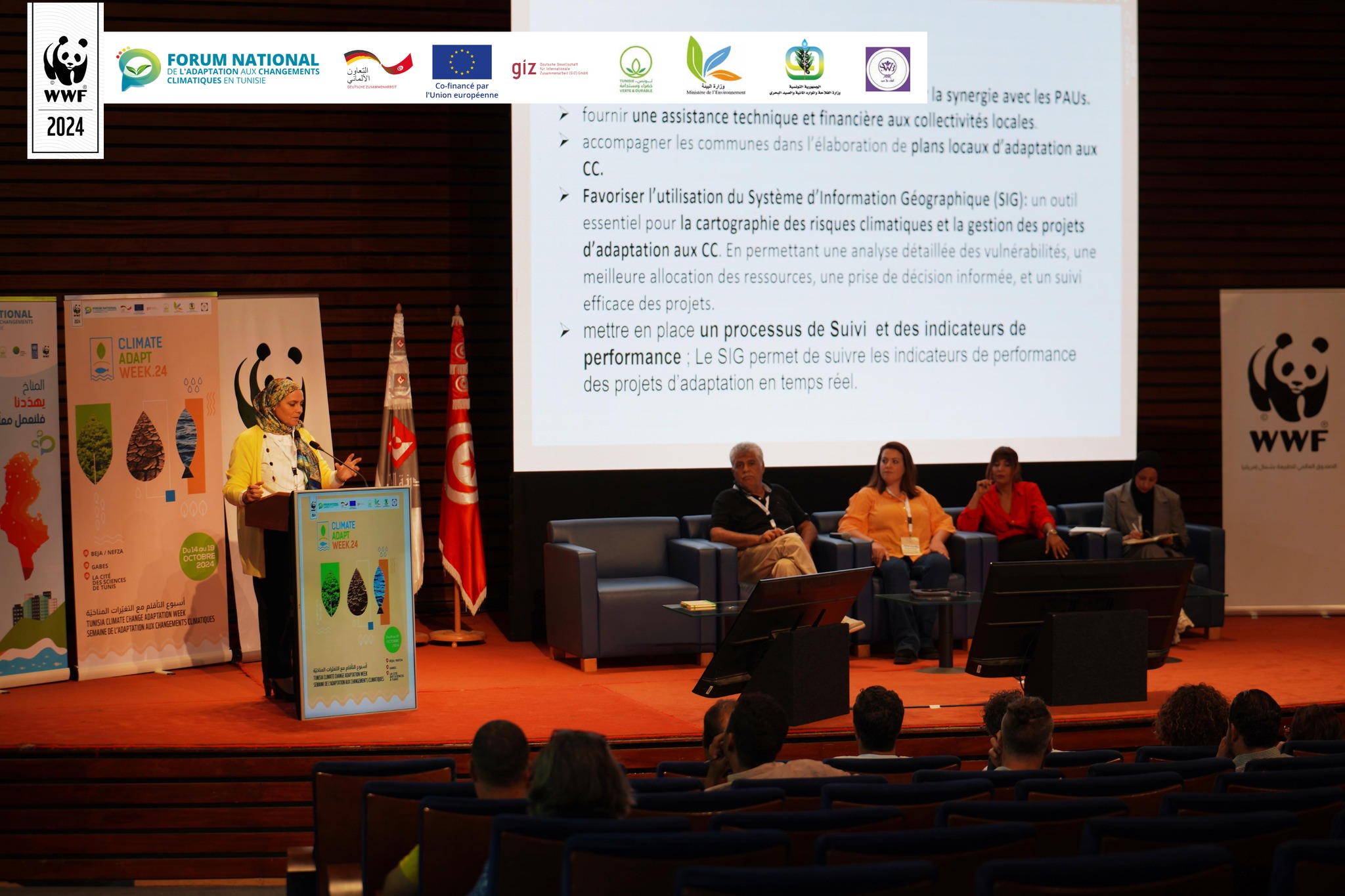
.jpg)
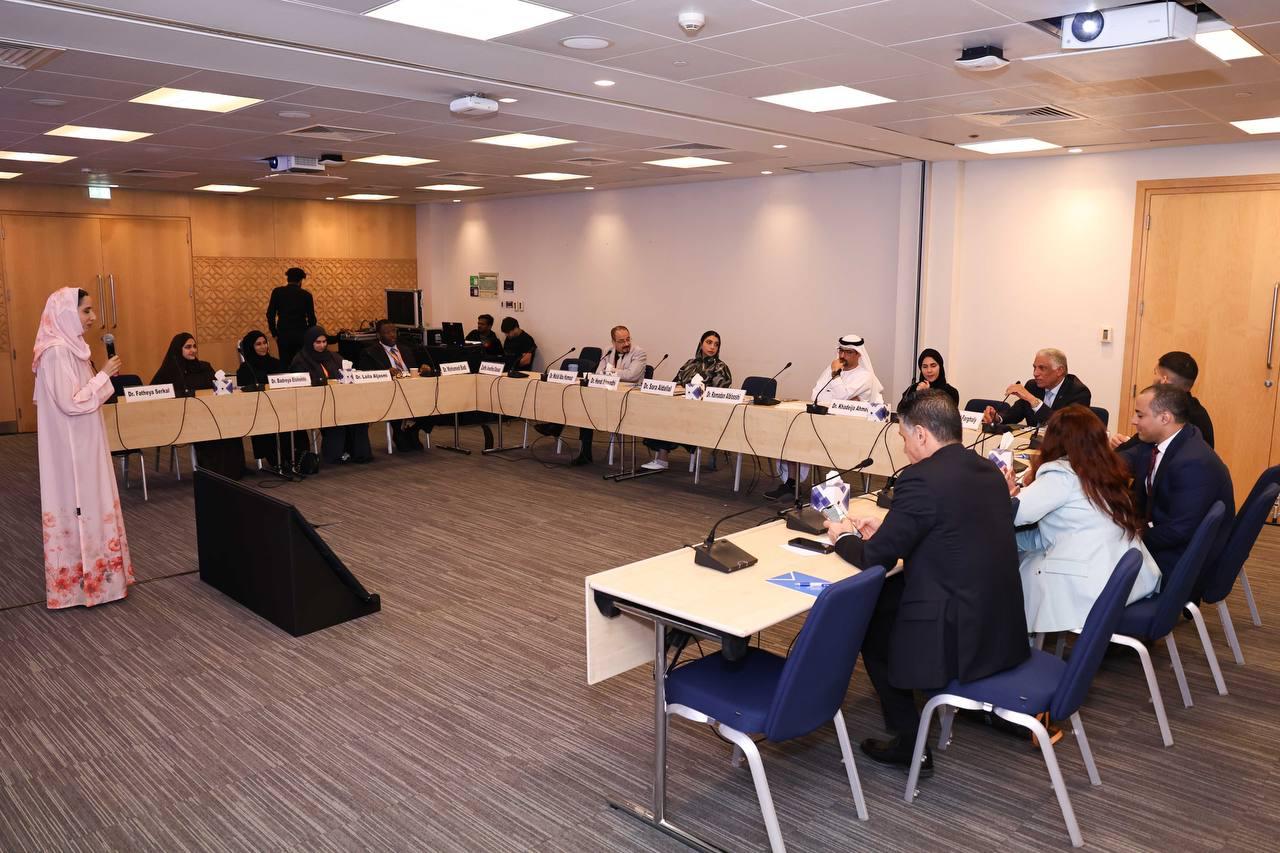
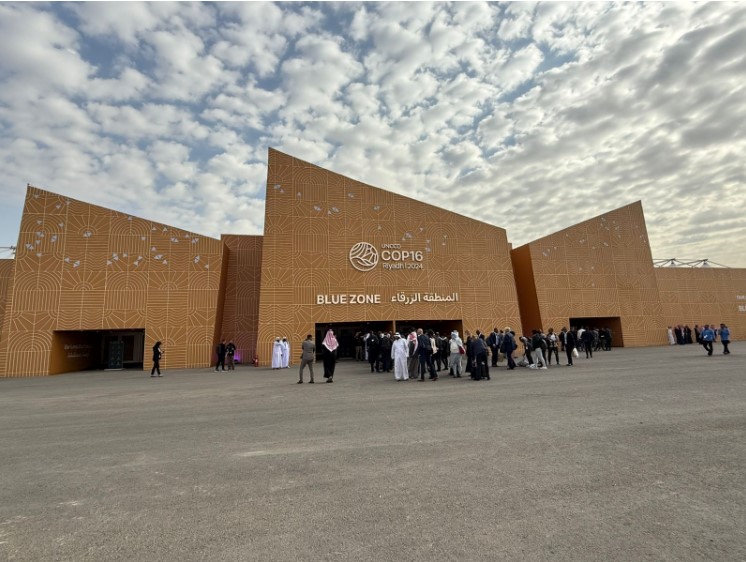



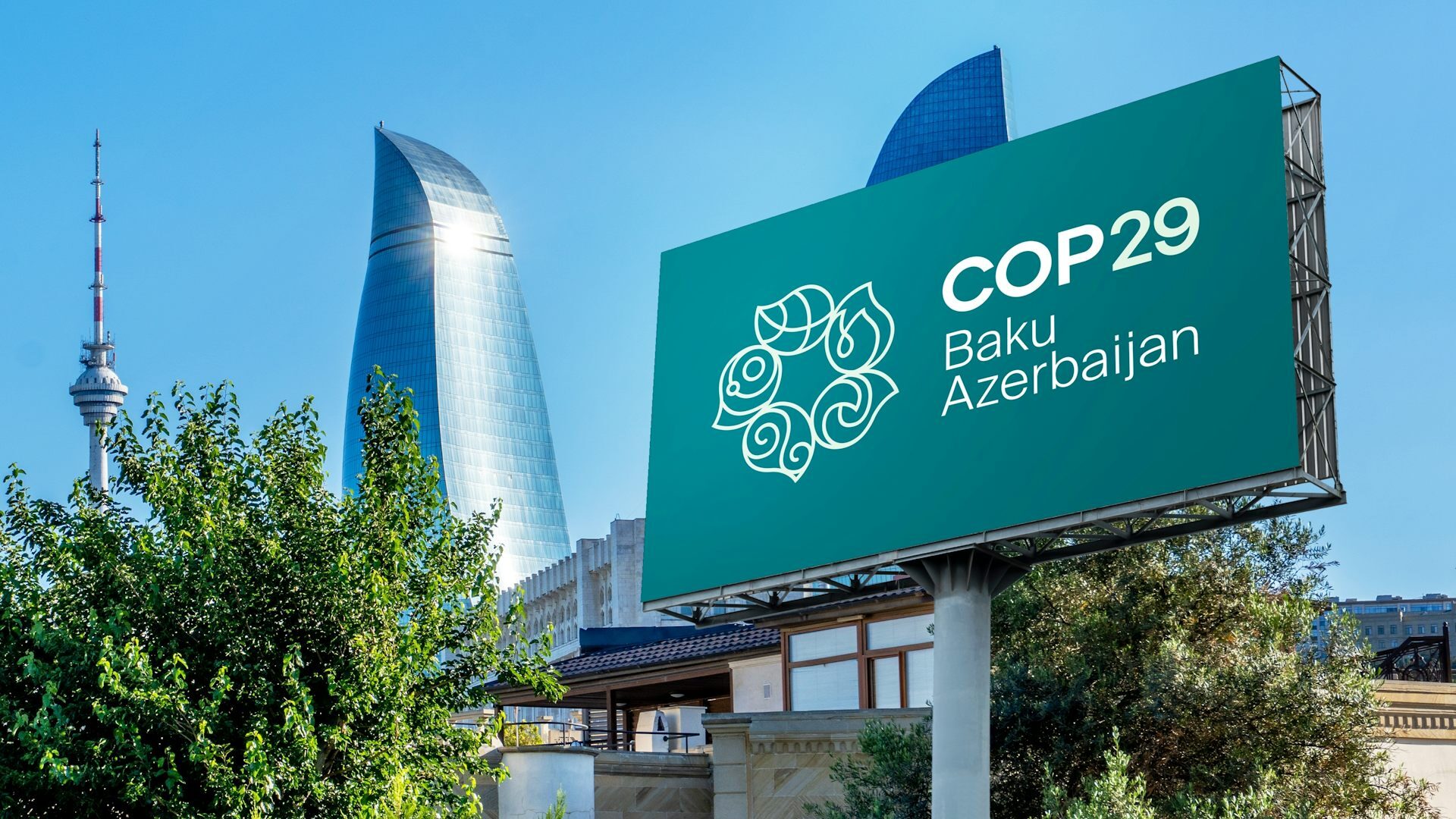
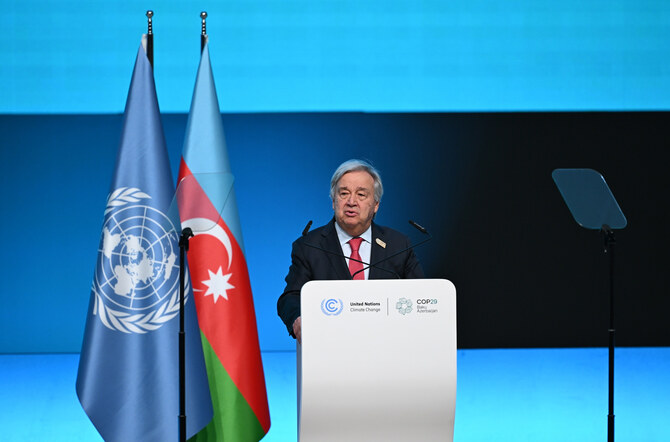
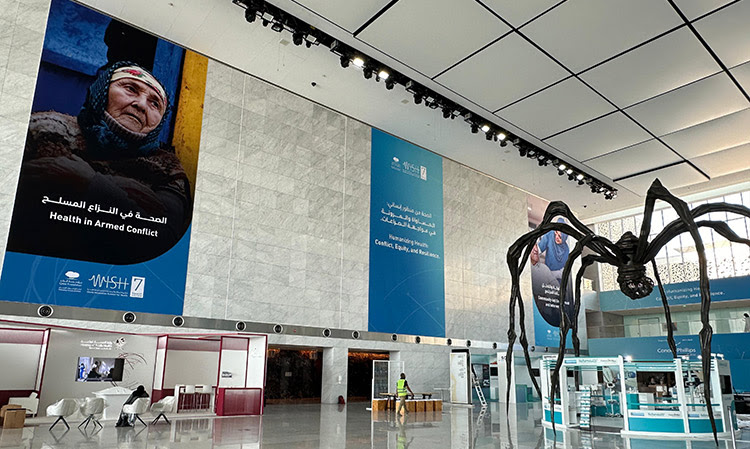
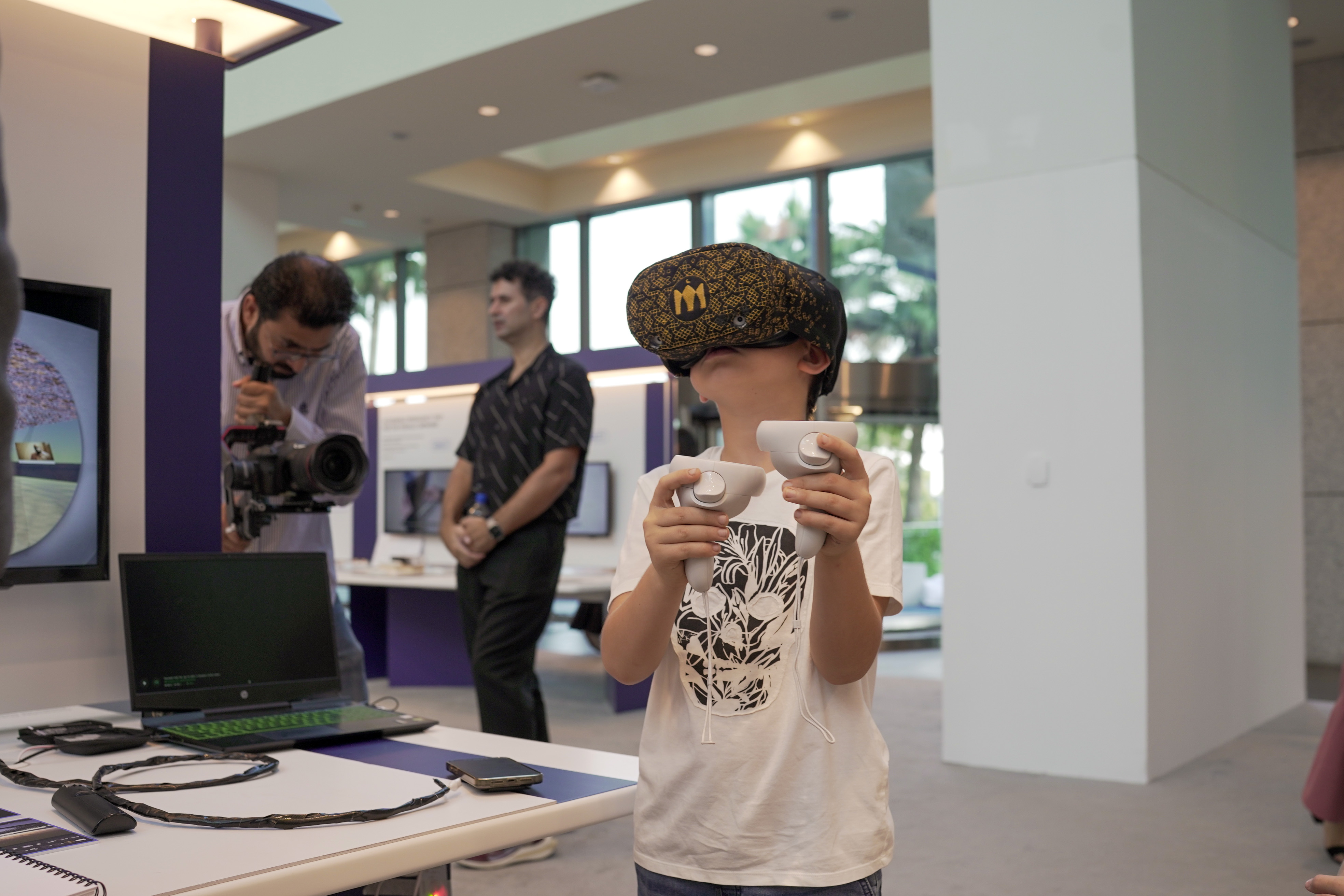

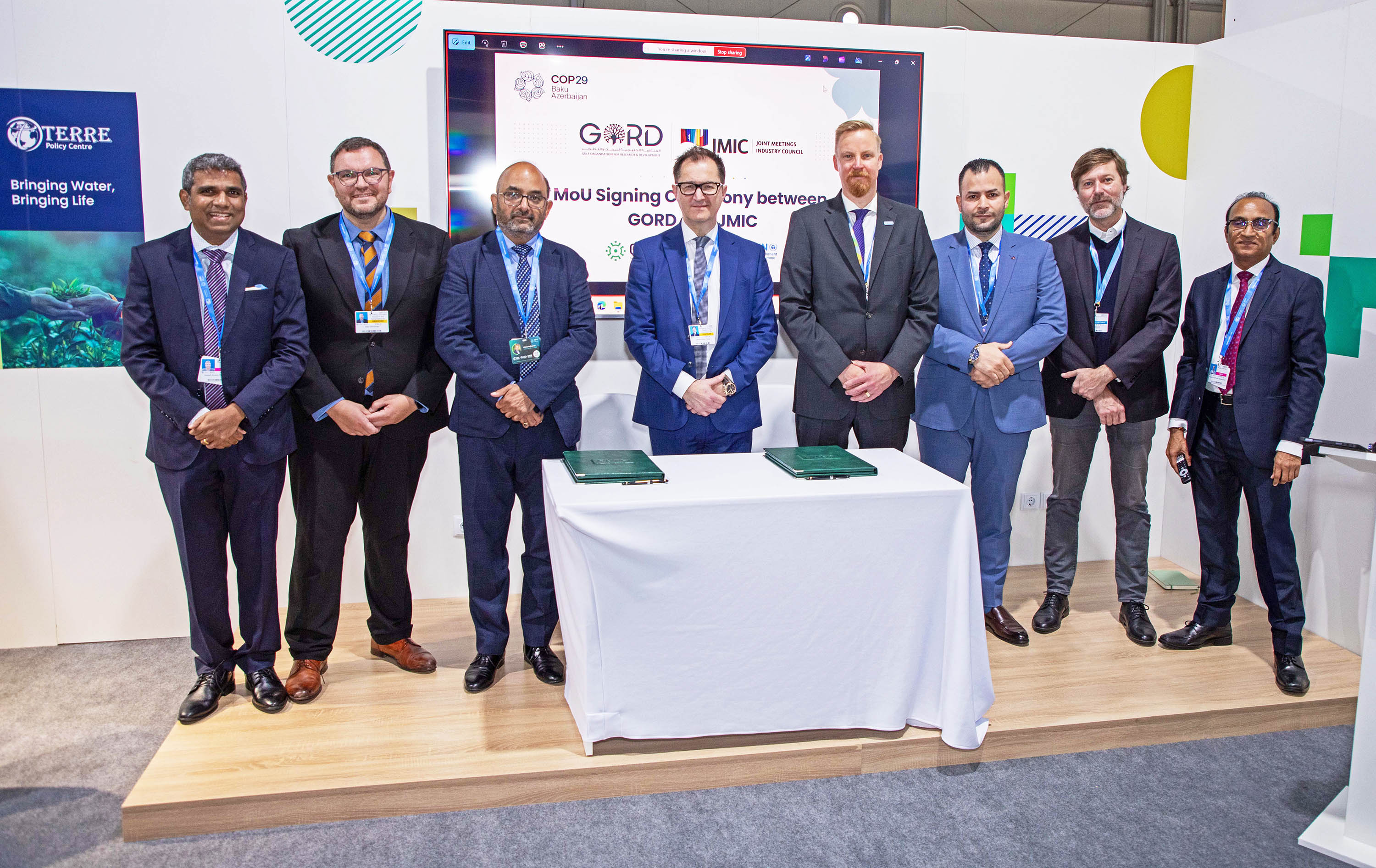


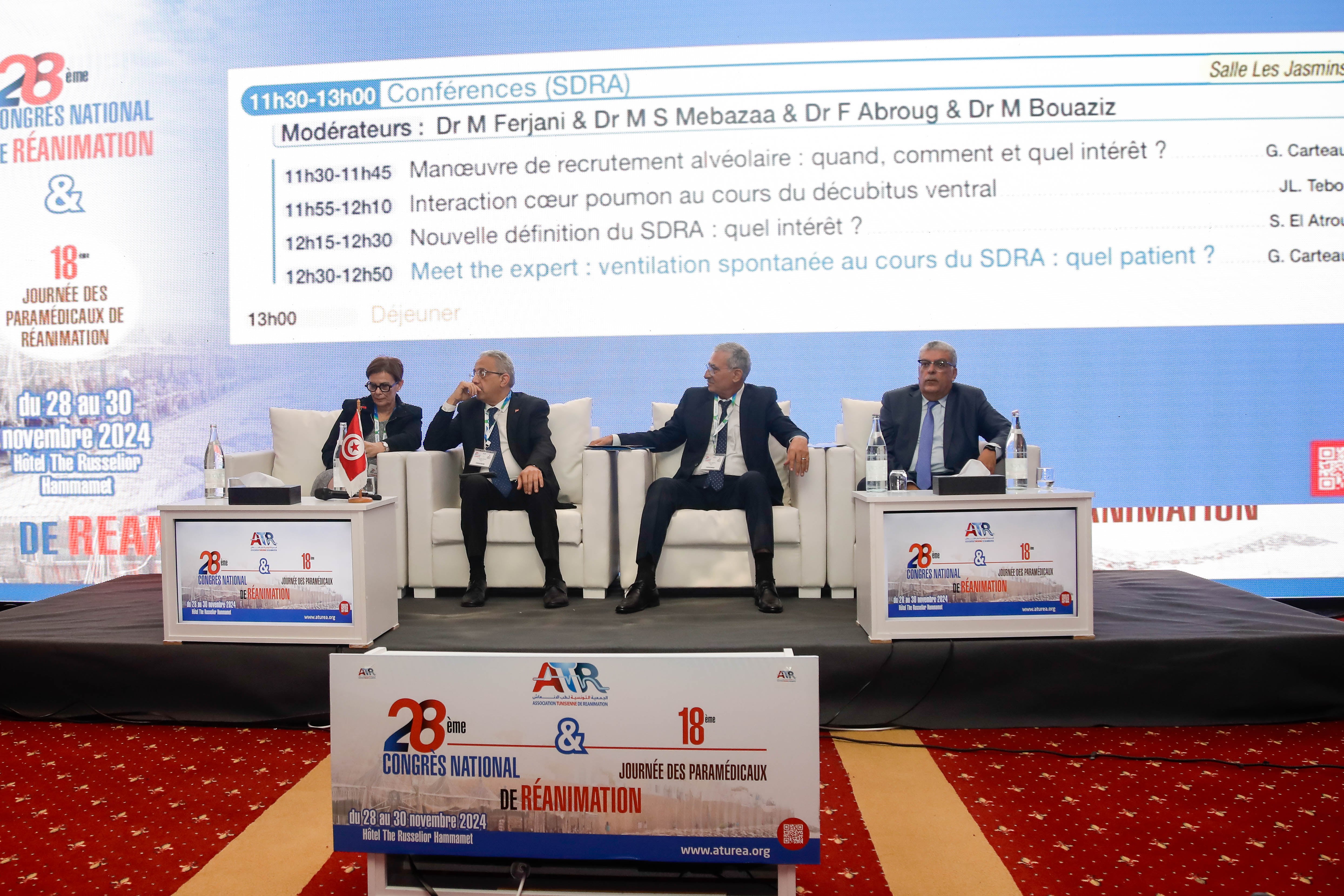
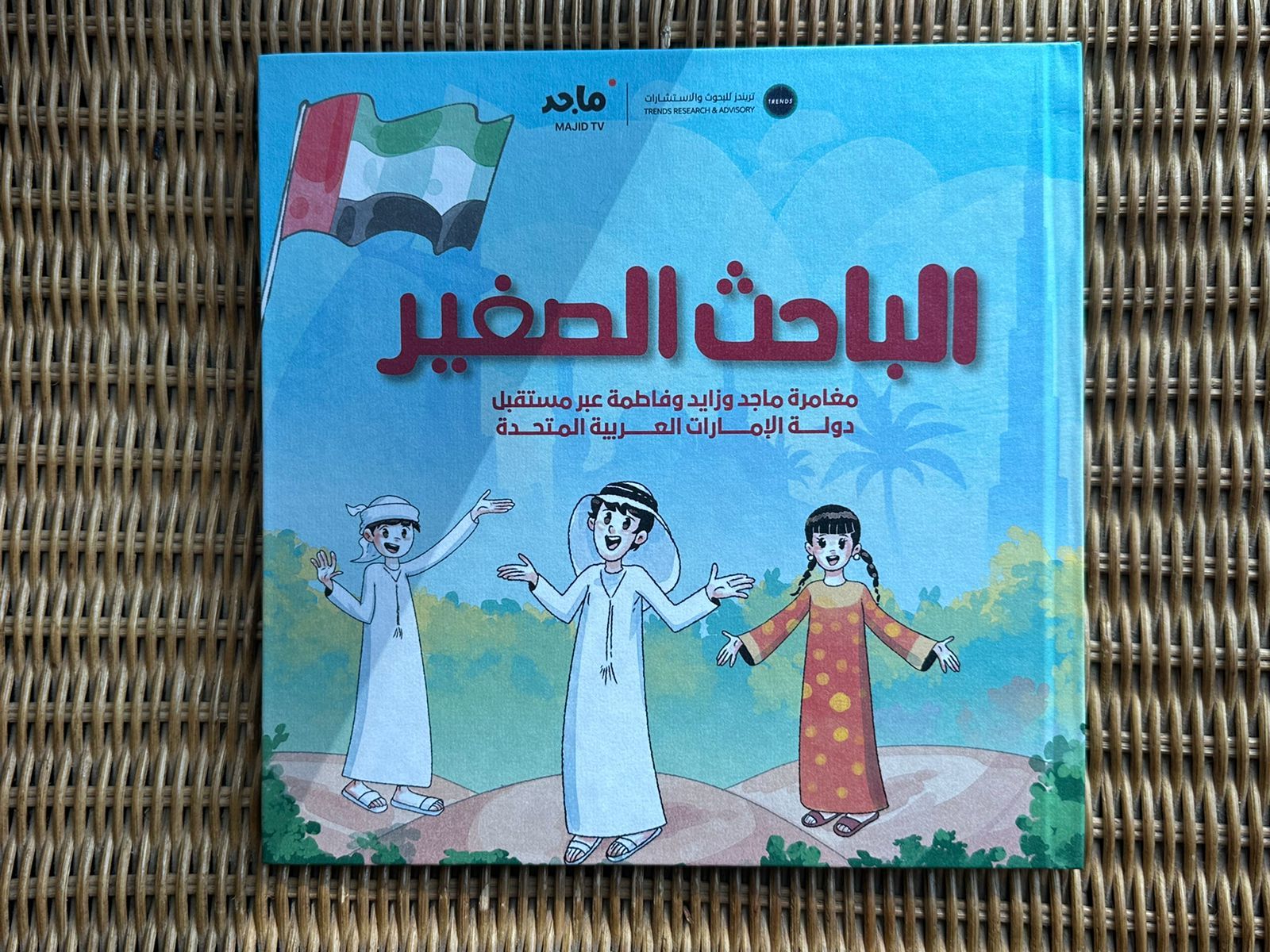


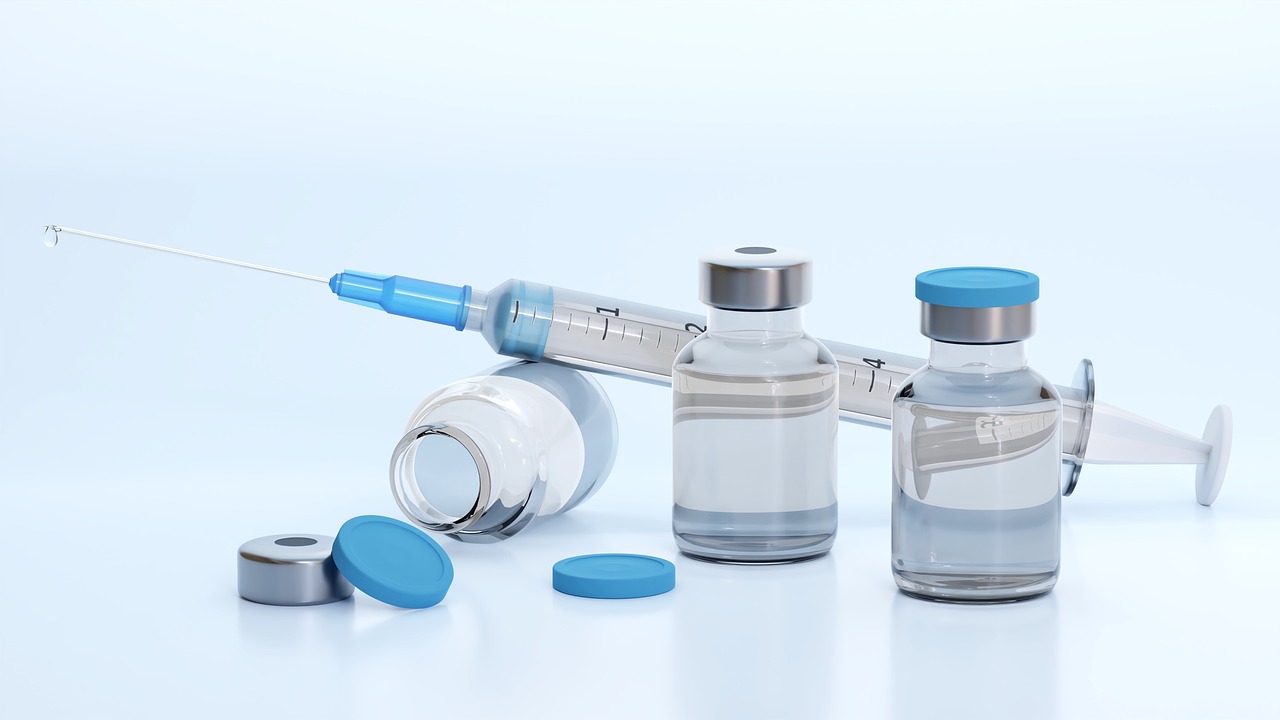




Add Comment